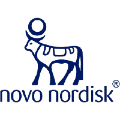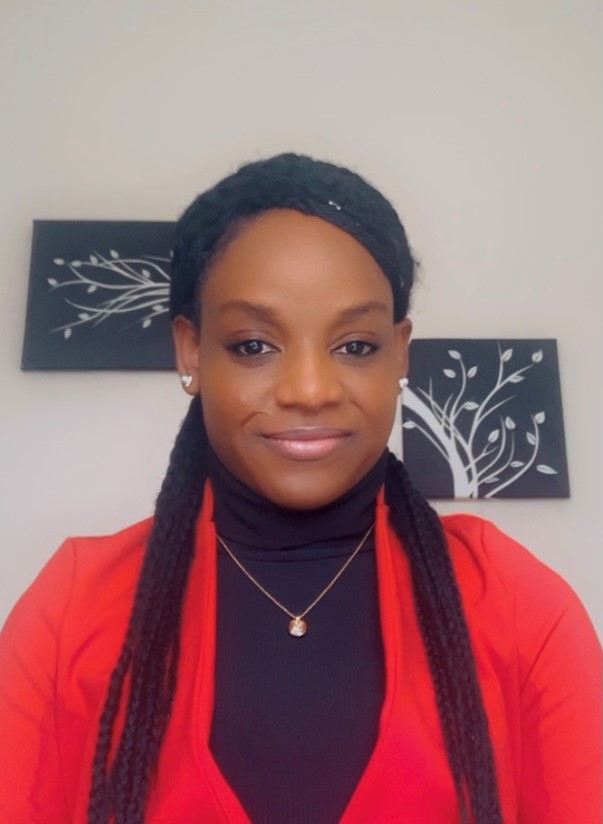On demand webinar: Obesity and Minoritised Ethnic Groups

Novo Nordisk has provided sponsorship to the Association for the Study of Obesity (ASO) to fully fund all costs for the development of this webinar, including creation, organisation, production and administration. Novo Nordisk has had no influence on the content and full editorial control remains the sole responsibility of ASO. None of the speakers have received a fee for their participation in this webinar, and ASO has been fully responsible for engaging with participants.

This is a Novo Nordisk sponsored webinar
The rates of obesity worldwide continue to grow in both children and adults. The relationship between obesity and ethnicity is not straight forward, as it is an interplay of complex factors. Socio-economic deprivation, racism, biological susceptibility, health-related behaviours and migration all influence the health of minoritised ethnic groups. These are in addition to the complex obesity risk factors present for all populations. Current measures used in defining obesity are not suitable for use across all ethnic groups, impacting on early access to intervention support and treatment. There is also limited education and evidence-based guidance for health care professionals, and intervention support tailored to minoritised ethnic groups. The picture is even more complicated for children as there are no globally accepted, ethnically adapted, childhood obesity definitions.
These complex factors present a challenge as a one-size fits it all approach can increase inequalities observed between ethnic groups. This webinar will cover topics relating to obesity risk among African migrant women and children; childhood obesity interventions; and obesity measurement criteria among different ethnic groups. This will provide some insight on these complex factors and challenges which need to be addressed to reduce the current health inequality gap.
Learning Points
- Requirements for change in routine use of criteria for defining obesity, taking into account ethnic variation in risk.
- Understanding the impact of obesity in migrant population, using African migrant women and children as a case study
- Addressing childhood obesity through community initiatives, using the Childhood Obesity Trail Blazer Programme as a case study
- Lived experience
The webinar is a continuation of the highly successful ASO webinar series that started shortly after the initial outbreak of covid-19 and is designed to support the ASO membership and others interested in obesity and weight management.
1800-1810 Welcome and Introductions - Dr Sandra Isibor (GPwSI Obesity and Weight Management, Kent and Medway Primary Care Network)
1810-1825 Dr Lem Ngongalah (Newcastle University) – Obesity Among African Migrant Women and Children
1825-1840 Dr Sally Barber and Dr Sufyan Abid Dogra (Born in Bradford) – Childhood Obesity Trail Blazer Programme
1840-1855 Dr Rishi Caleyachetty (University of Warwick) – Ethnicity-specific BMI Cut-Offs for Obesity Based on Type 2 Diabetes Risk
1855-1910 Dr Jennifer Teke - Lived experience perspective and discussion of barriers and facilitators to access and uptake of weight management in Ethnic minorities communities
1910-1930 Panel discussion and question and answer session









